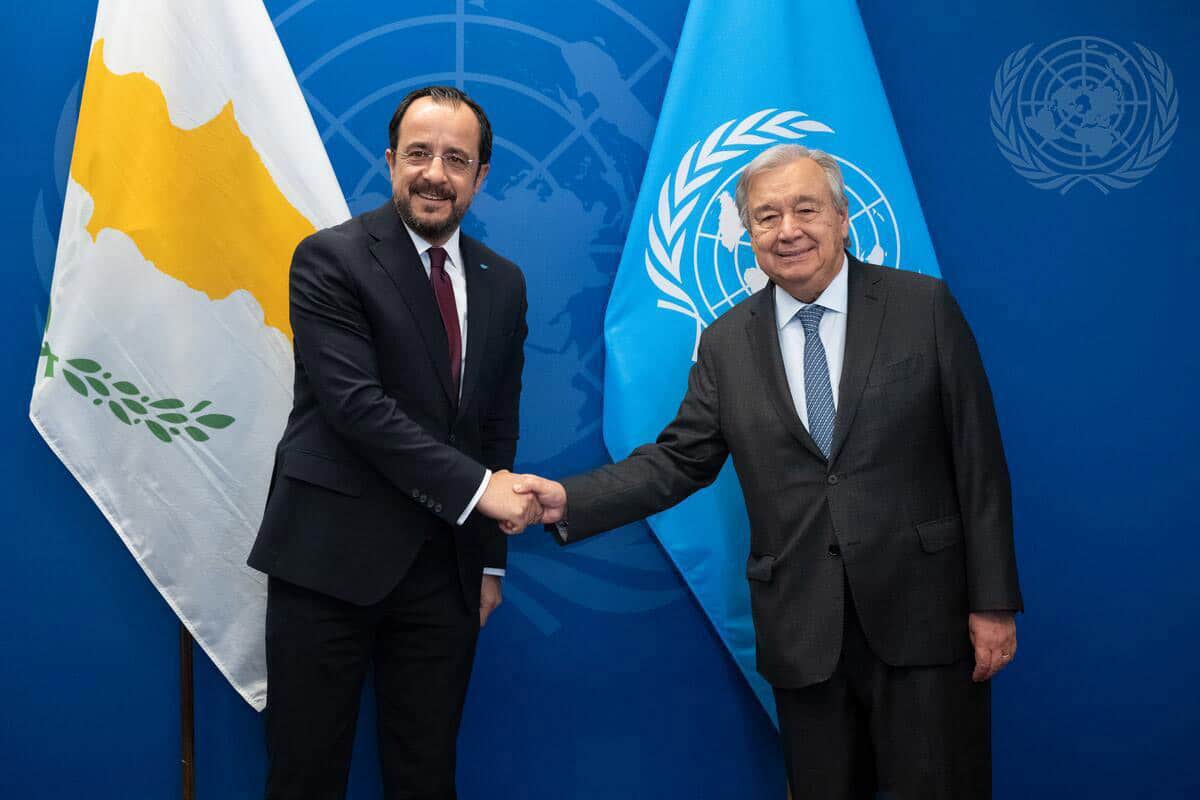UN Secretary-General Antonio Guterres’ frustration with the two sides pervaded the report on his mission of good offices in Cyprus. Suggestions for confidence building measures and business cooperation were largely ignored, he noted. Interestingly, he placed the responsibility for the complete lack of progress, equally on the two sides, undermining the narrative of the Cyprus government which blames the Turkish Cypriot leadership exclusively for the deadlock.
“The increasing militarisation of both sides contradicts the political discourses of the leaders claiming to want a way forward on the Cyprus issue,” he said and reiterated his “call for both sides to refrain from such unilateral actions.” He also censured the “actions of both parties in and adjacent to the buffer zone,” which “contributed to raising mistrust and are unhelpful in the current context.” In fact, the report on the renewal of the Unficyp mandate, recorded more violations of the buffer zone by the Greek Cypriots.
He placed no responsibility on Turkey for the deadlock. On the contrary, he praised Greece and Turkey for their “steadfast commitment” to the promotion of peaceful relations and urged them, as guarantor powers “to continue to urge the two leaders in Cyprus to engage in dialogue and to seek a mutually acceptable way forward with the required political will, creativity and openness to compromise.”
It is a completely different account from the one promoted by President Christodoulides, in which he was ready for a resumption of talks, but Turkish Cypriot leader Ersin Tatar was not. Neither leader, according to Guterres’ version of events, was seeking a mutually acceptable way forward, with the required political will. And this is not just a case of the UN maintaining equal distances from the two sides – the traditional explanation by the Cyprus political system – in order not to alienate the Turkish side.
The UNSG’s position was very clear – the leaders were not showing the required openness to compromise and their discourse, claiming they wanted a way forward, was not supported by their actions. Christodoulides will not be criticised for this domestically. It is more than likely that the UN report will be attacked for its alleged bias and lack objectivity by the media and the parties, but Christodoulides’ credibility outside Cyprus will not escape intact. He was the person who had been calling for the appointment of a UN envoy – an EU envoy as well – but when an envoy was appointed, he did very little to help her push things forward.
This stance will also affect his ongoing efforts at linking the Cyprus problem to EU-Turkey relations. The European Commission will not be inclined to put any pressure on Turkey – if there was such a possibility in the first place – regarding the Cyprus problem, when the UNSG’s report blames the lack of progress on both leaders and questions the veracity of their pro-settlement discourse.







Click here to change your cookie preferences